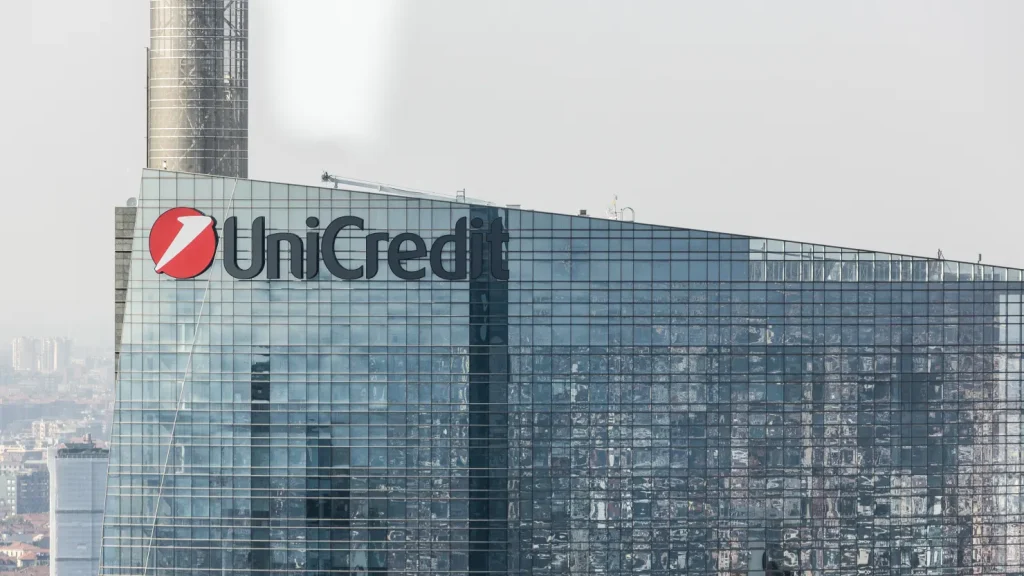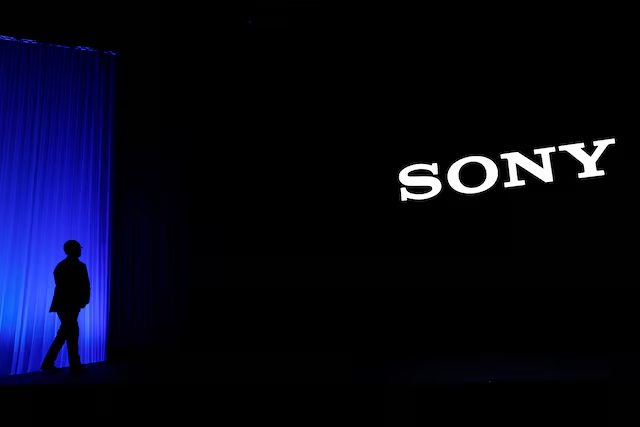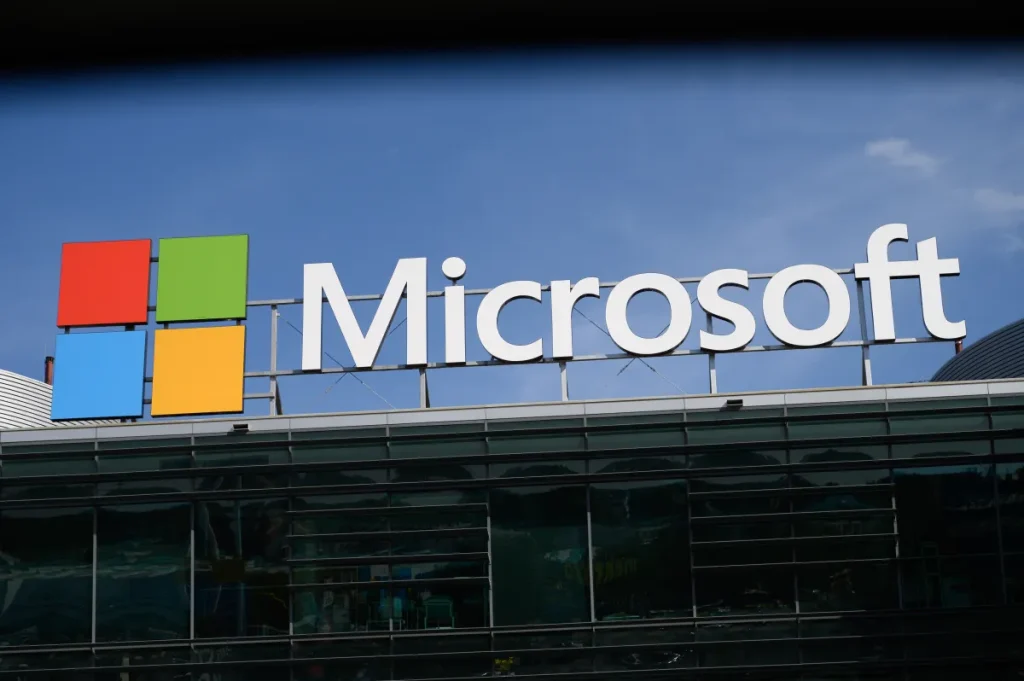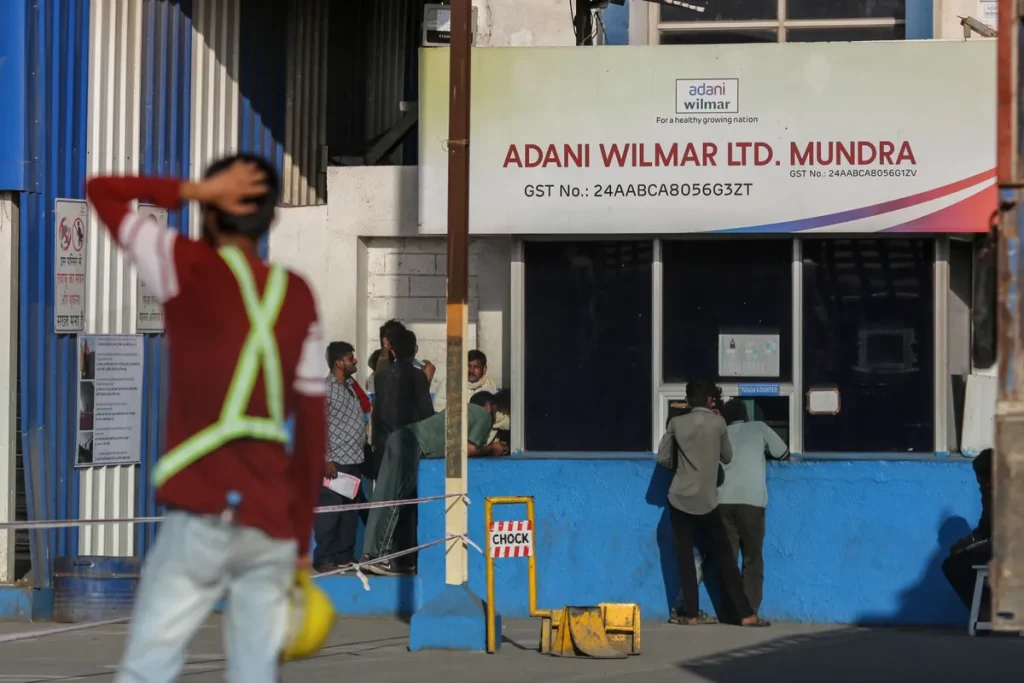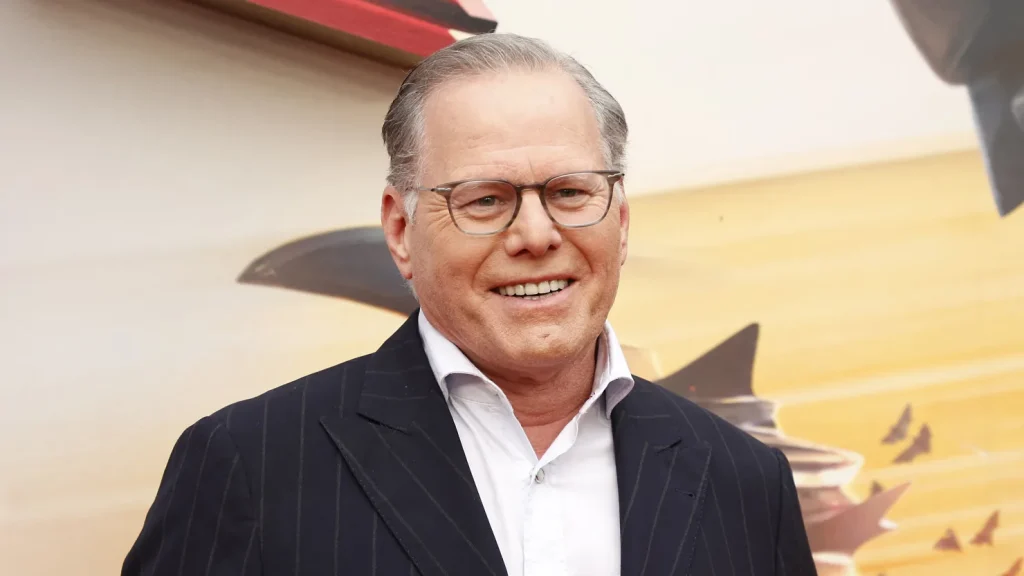Mondelez Exploring Takeover of US Chocolate Maker Hershey
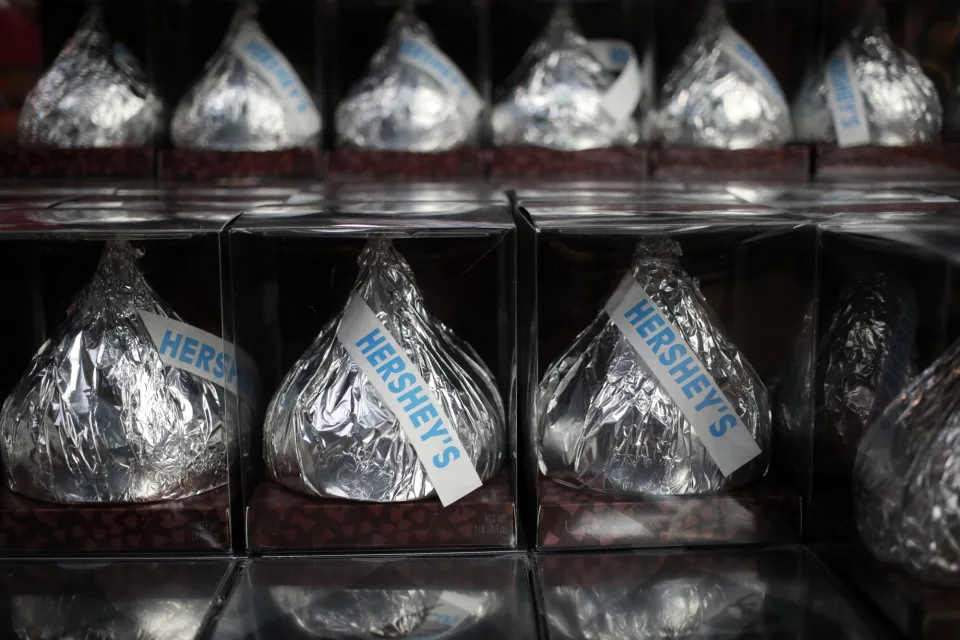
Mondelez International, the global snack and confectionery giant known for brands like Oreo, Toblerone, and Cadbury, is reportedly exploring a takeover of Hershey, one of the most iconic chocolate makers in the U.S. This potential acquisition is part of Mondelez’s broader strategy to expand its portfolio and strengthen its position in the global confectionery market. Hershey, with its vast range of popular chocolate products, would provide Mondelez with a dominant presence in the American chocolate sector, where it already holds a significant market share with brands like Milka and Cadbury.
The idea of Mondelez acquiring Hershey has long been speculated, but recent reports indicate that the discussions have become more serious. The two companies have had a complicated history, with prior attempts at merging or forming alliances, but Hershey has always remained an independent player. Hershey’s commitment to its heritage and focus on quality has been a key part of its identity, making it a particularly sensitive target for potential buyers. If Mondelez moves forward with a takeover, it would mark a major shift in the competitive landscape of the global chocolate market.
Mondelez, which itself was spun off from Kraft Foods in 2012, has been aggressively pursuing acquisitions to boost its portfolio in snacks, chocolates, and other food products. The company already owns a range of beloved brands and is known for its global footprint, which extends to more than 150 countries. Mondelez’s product lineup is vast, including not just chocolate, but also biscuits, gum, candy, and powdered beverages. By acquiring Hershey, Mondelez could significantly expand its presence in the U.S., one of the world’s largest and most competitive markets for chocolate.
Hershey, founded in 1894, has been a U.S. household name for more than a century, producing products like Hershey’s Kisses, Reese’s, and the Hershey bar. The company has maintained a strong brand identity with its focus on chocolate and confections, and it operates not only as a leading manufacturer but also as a major player in the retail space. However, in recent years, Hershey has faced increasing competition from other chocolate makers, including Mondelez, Mars, and Nestlé, as well as challenges from changing consumer preferences for healthier snacks.
If the takeover proceeds, it could help Mondelez enhance its market share in the American chocolate market, an area where Hershey has long been the dominant player. Mondelez would likely benefit from Hershey’s well-established brand presence and its extensive distribution channels across the U.S. Additionally, Hershey’s strong relationships with retailers would give Mondelez a strategic advantage in securing shelf space for its products, ensuring continued dominance in the chocolate aisle.
However, there are several potential challenges that Mondelez would need to navigate in this acquisition. Hershey’s board and shareholders have historically been resistant to external takeover bids, reflecting the company’s pride in its independence and the loyalty of its American consumer base. Any acquisition would likely face significant regulatory scrutiny, especially given the size of the deal and the potential impact on market competition. The U.S. Federal Trade Commission (FTC) and other regulatory bodies could closely examine the deal to assess whether it would reduce competition in the chocolate industry, which could result in higher prices or fewer options for consumers.
Additionally, there are cultural and operational considerations that Mondelez would need to manage. Hershey is a distinctly American company, and its operations, branding, and corporate ethos reflect its longstanding history and connection to Pennsylvania. Mondelez would need to find a balance between maintaining Hershey’s core values and integrating the company into its broader global operations. The challenge lies in ensuring that Hershey retains its brand appeal and consumer loyalty while benefiting from Mondelez’s larger infrastructure and global reach.
The potential acquisition of Hershey by Mondelez also raises questions about the future of the U.S. chocolate market. Mondelez, with its deep pockets and established brand portfolio, could reshape the competitive dynamics of the industry. A merger of two chocolate industry giants could prompt further consolidation, with competitors like Mars and Nestlé also potentially looking to strengthen their positions through acquisitions of their own.
The news of Mondelez exploring a takeover of Hershey has already sent ripples through the stock market, with both companies seeing fluctuations in their share prices. Analysts and investors will be closely watching how this potential acquisition develops, as it could have major ramifications not only for the companies involved but for the entire chocolate industry.
If the deal does go through, it would mark a significant shift in the U.S. and global chocolate sectors. Mondelez would acquire a major competitor and further cement its status as one of the largest players in the global snack and confectionery market. For Hershey, the decision could either open up new avenues for growth and innovation under the Mondelez umbrella or signal the end of an era of independent operations. Whatever the outcome, this potential merger will be one of the most closely watched deals in the food and beverage industry.


